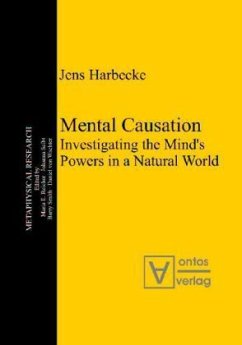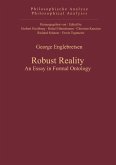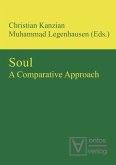This work is a systematic investigation of a range of solutions offered today for the philosophical problem of mental causation. The premises constituting the problem are analyzed before a survey is developed of the most popular theories on mental causation. It is demonstrated in detail why most of these canonical solutions must be considered deficient. In a third part, the 'new compatibilist s' approach to mental causation is explored, which is characterized by assertion of a non-identity-but-non-distinctness principle. The last part aims to offer an alternative solution to the problem. On the basis of a certain set of counterfactual conditionals, which are jointly taken to provide a definition of 'causal proportionality' that improves the existing definitions, it is shown that a specific, and hitherto widely neglected, version of causal overdeterminationism must be considered the most successful solution to the problem of mental causation.








